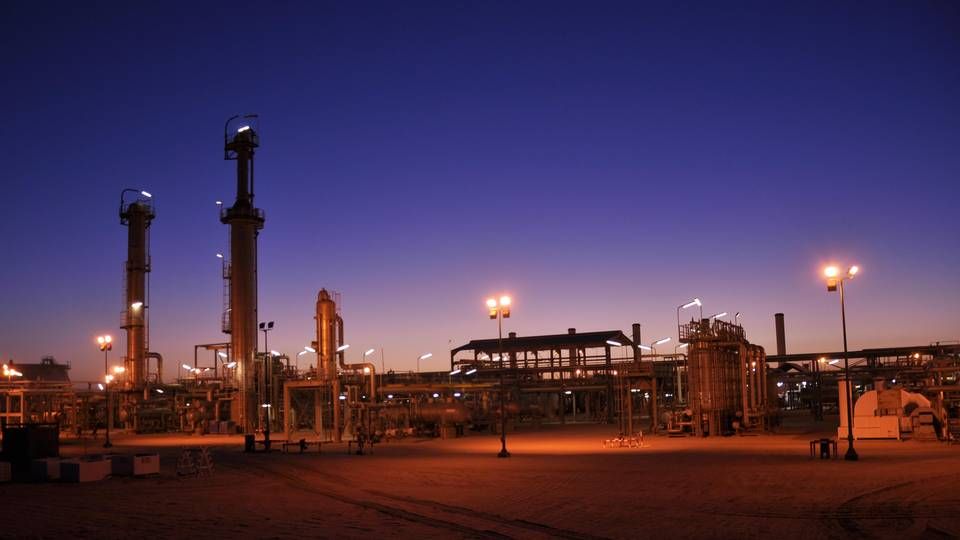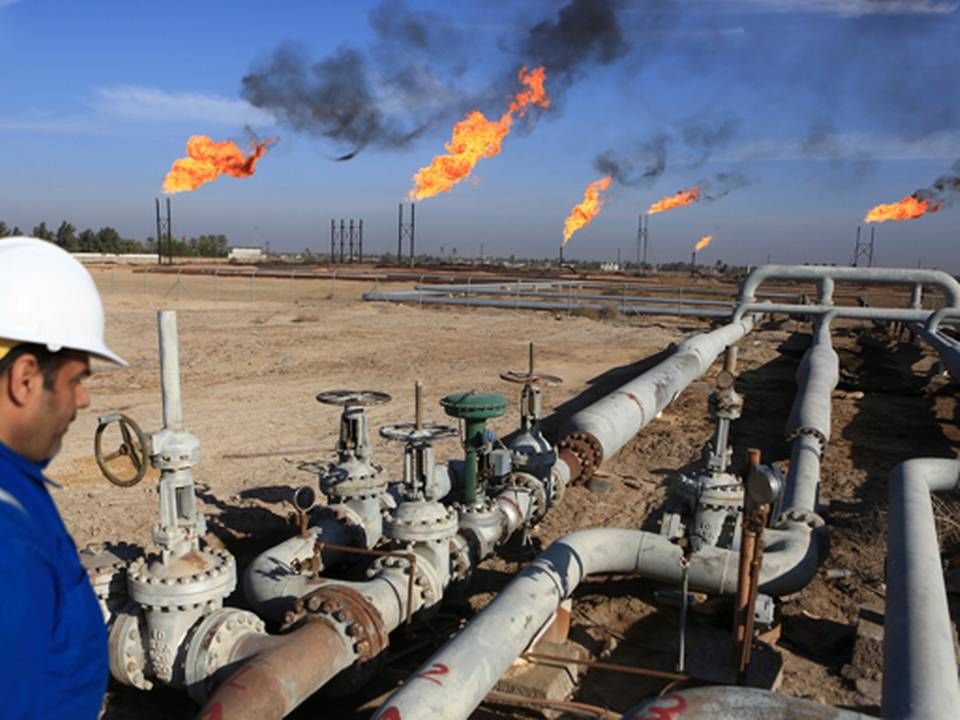Oil set for weekly gain as Iran sanctions stoke supply concerns

Oil's poised for a second weekly gain as traders assessed how renewed U.S. sanctions on Iran and continuing tensions in the Middle East will affect supplies.
Futures in New York traded above USD 71 a barrel, near the highest level since November 2014, and are up 2.6 percent this week. Israel said it conducted the biggest raid in at least three decades at Iran's military facilities inside Syria. That added to concerns after U.S. President Donald Trump decided to exit a 2015 nuclear accord and hit Iran with sanctions, which could curb exports from OPEC's third-largest producer.
Crude's recent rally has been driven by a deepening regional conflict in the energy-rich Middle East and Trump's hawkish stance on Iran. While Saudi Arabia is ready to work with other producers to mitigate any impact of a shortage following the U.S. move, Goldman Sachs Group Inc. said the sanctions could push oil prices above its forecasts and Bank of America Corp. sees a possibility it could rise to USD 100 a barrel next year.
"Supply concerns have lifted oil prices," said Norbert Ruecker, head of market and commodity research at Julius Baer Ltd. in Zurich. "We see the main impact on the oil price through the market mood geopolitical noise and escalation fears."
West Texas Intermediate crude for June delivery was up 18 cents at USD 71.54 a barrel on the New York Mercantile Exchange at 11:07 a.m. in London. Total volume traded was about 7 percent below the 100-day average.
Brent for July settlement rose 3 cents at USD 77.50 a barrel on the London-based ICE Futures Europe exchange. Prices are up 3.5 percent this week. The global benchmark crude traded at a $6.03 premium to July WTI.
Futures for September delivery on the Shanghai International Energy Exchange dropped 1.1 percent to 471.2 yuan a barrel. The contract is up 5.4 percent this week, heading for a fifth straight weekly advance.
Some refiners and oil traders are already starting to look for alternatives to Iranian barrels. China’s Ministry of Commerce said Friday it’s engaged in mutually beneficial oil trading with Iran based on commercial factors, without elaborating whether it was going to persist with or curb imports. The U.S. has given buyers 180 days to wind down imports from the Middle East producer to avoid penalties.
English Edit: Lena Rutkowski
Maersk to potentially postpone time frame for Drilling divestment
Trump's Iran withdrawal has oil shippers in limbo over insurance


















